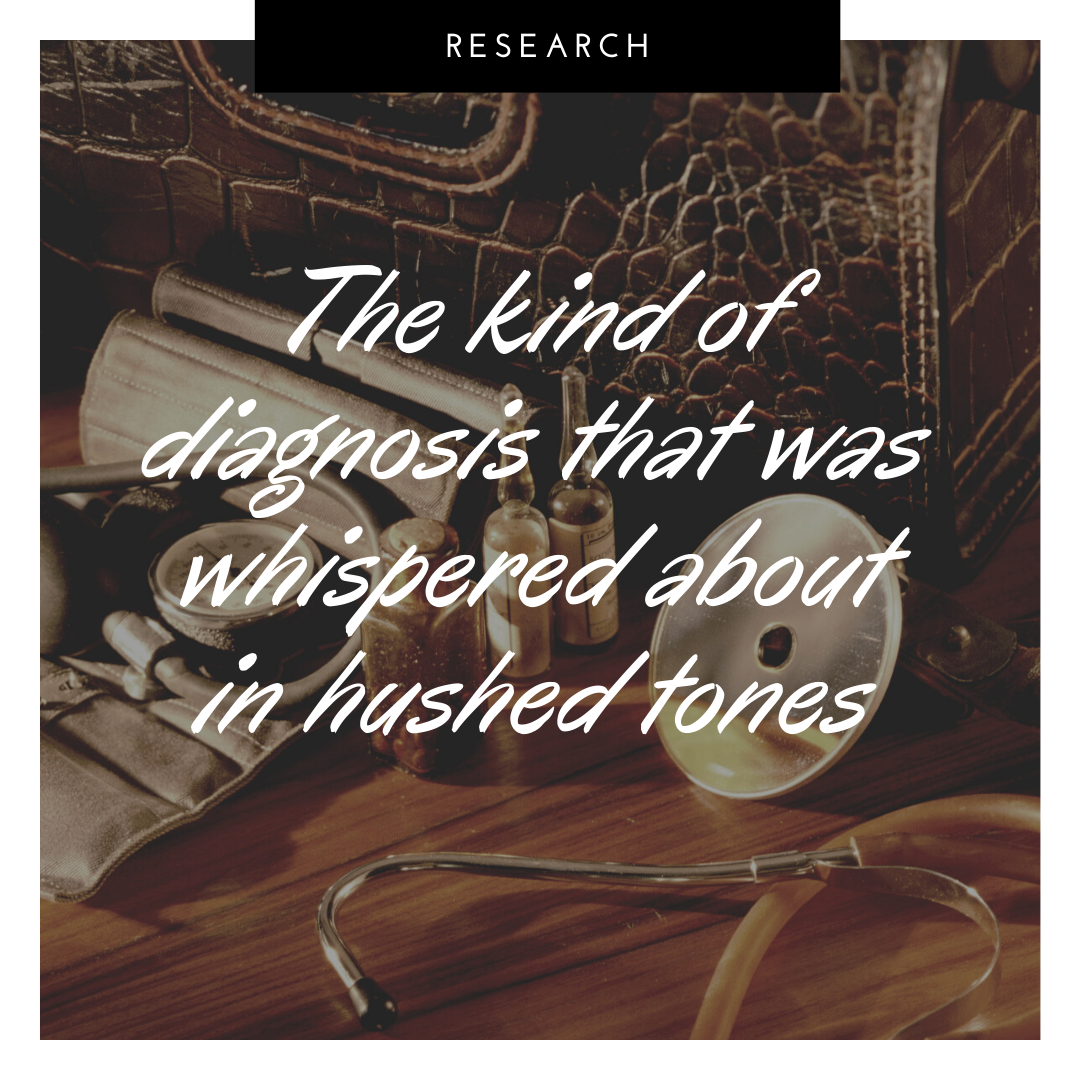When you're looking at family history records, you'll likely come across an outdated medical term. You might see it listed as a cause of death in a death record, an obituary, or an old letter written between family members. It may also appear on military records or even in the notes of census records if it was a reason someone was unable to earn a living.
The frustrating thing about these terms is that it's quite common to have more than one outdated name for a single disease. This is partly due to regional custom (Louisiana fever referenced Malaria but only in/around Louisiana) and partly due to the fact that disease could manifest slightly differently in patients and doctors didn't always realize all the symptoms that could be caused by one condition.
Additionally, there are social reasons for more discreet names used. Syphilis was a common problem, especially among working class people, but was also frowned upon socially and ended up being the kind of diagnosis that was whispered about in hushed tones (all while using different names for the disease). There are also gender biases to take into account. Women suffering from a host of diseases were likely to be diagnosed simply with depression (domestic malady) or menopause (change of life).
Don't forget that medical conditions which don't seem very severe today could have felt more severe (or even been fatal) in a time where access to medicine and medical care was limited. Teething was a complaint that killed a surprising number of infants, although doctors now believe that this could have been complicated by the common occurrences of malnutrition and infection due to milk thinned with unclean water.
Although it's not a comprehensive list, I've prepared a one-page reference list of names that common medical conditions have historically been known by. You can download it for free here.

If you do come across a medical term that you're unfamiliar with and I haven't listed it on that reference guide, just Google it and see what the term likely referred to. Again, doctors in different areas may have been using different terminology or you may be encountering a "layman's term" used in a specific community but generally you won't be the first family historian to stumble upon that malady.

